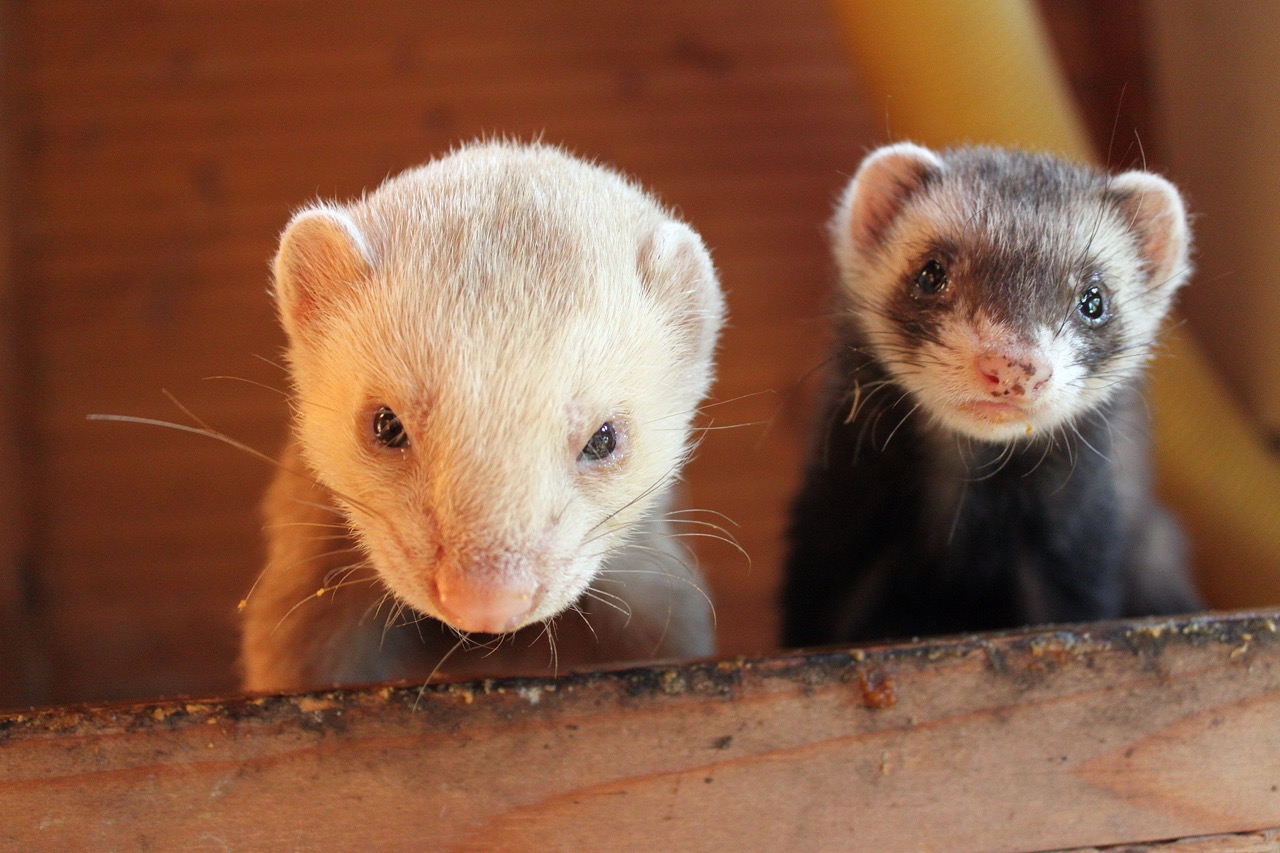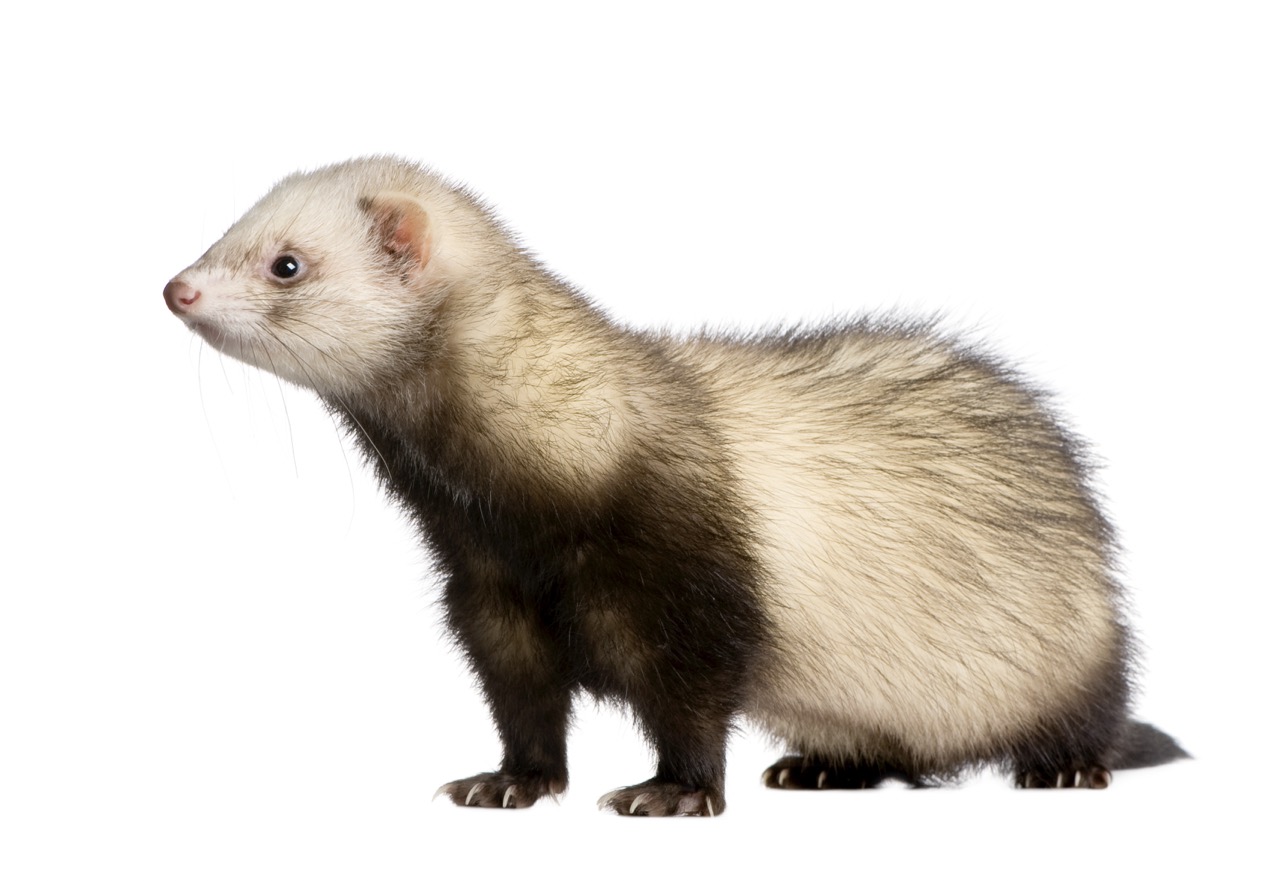Ferrets are captivating companions known for their playful antics and affectionate nature. While they bring joy to many households, prospective and current ferret owners often wonder about the lifespan of these furry friends. Understanding the expected lifespan of ferrets and the various factors that influence it can help owners provide the best care possible, ensuring a long and healthy life for their pets. This article delves into the average lifespan of ferrets, the key determinants of their longevity, the importance of diet and nutrition, and how environmental factors play a crucial role in their overall well-being.
Understanding Ferret Lifespan: An Overview of Expectations
Ferrets typically have a lifespan ranging from 6 to 10 years, though some can live longer with proper care. This range is shorter than that of many common pets, such as cats and dogs, which can live for 15 years or more. The variance in lifespan can often be attributed to genetics, health care, and living conditions. As ferrets age, they may become more susceptible to certain health issues, emphasizing the importance of understanding aging in ferrets to provide appropriate care.
In many cases, the average lifespan can be influenced by the ferret’s breed and lineage. For instance, ferrets bred in suboptimal conditions or without proper genetic health screening may have shorter lifespans due to hereditary health issues. Responsible breeders focus on producing healthy ferrets with good temperaments, which can increase the chances of a longer life. Awareness of these factors can help prospective owners make informed decisions about where to obtain their ferrets.
Ultimately, understanding the expected lifespan of ferrets creates a framework for owners to plan for the future. By recognizing that ferret care involves more than just providing food and shelter, owners can engage in proactive health management to improve their pets’ quality of life and longevity. Regular veterinary check-ups and monitoring for signs of illness are crucial components of responsible ferret ownership.
Key Factors That Affect Ferret Life Expectancy
Genetics play a foundational role in determining the life expectancy of ferrets. Just like in humans and other animals, certain breeds may be predisposed to specific health conditions. For instance, some ferrets may be more prone to adrenal disease, insulinoma, or lymphoma, which can significantly impact their lifespan. Therefore, choosing ferrets from reputable breeders who conduct genetic health screenings can reduce the risk of inherited health problems and, in turn, enhance longevity.
Another crucial factor is healthcare, particularly preventive medicine. Regular veterinary visits that include vaccinations, dental care, and screenings for common ferret diseases can greatly benefit their overall health and life expectancy. Early detection of potential health issues often leads to more effective treatment and management, allowing ferrets to enjoy a healthier and longer life. Owners should also be alert to behavioral changes or signs of illness, as ferrets can be adept at hiding discomfort until conditions become advanced.
Lastly, spaying or neutering ferrets has been shown to contribute positively to their life expectancy. This procedure can help prevent certain diseases and conditions, such as adrenal gland disease in females and testicular cancer in males. Responsible breeding practices also come into play here, as spaying or neutering ferrets can help prevent unintended litters and improve the overall health of the pet population.
The Role of Diet and Nutrition in Ferret Health
A well-balanced diet is vital for maintaining a ferret’s health and longevity. Ferrets are obligate carnivores, meaning their dietary needs are best met through animal-based proteins. Feeding them a high-quality commercial ferret food that is rich in protein and low in carbohydrates will support their energetic lifestyle and overall well-being. Proper nutrition ensures that they receive essential nutrients that contribute to their immune system, muscle health, and energy levels, all of which can influence their lifespan.
Additionally, diet plays a significant role in the prevention of obesity, which is a growing concern among domestic ferrets. Overweight ferrets are more susceptible to various health issues, including insulinoma and heart disease. Owners should monitor their ferret’s weight and adjust their diet as necessary to maintain a healthy body condition. Providing fresh water daily and avoiding treats that are high in sugar or carbs can also help keep ferrets in optimal health.
It is also important to consider the individual needs of each ferret when it comes to diet. Some ferrets may develop specific dietary sensitivities or require special diets due to health issues. Owners should consult their veterinarians for tailored dietary recommendations and consider supplementation when necessary, ensuring that all nutritional needs are adequately met for a long and healthy life.
Environmental Influences on Ferret Lifespan and Well-Being
The environment in which ferrets live can significantly impact their lifespan and overall health. Ferrets thrive in stimulating, safe, and clean environments that allow them to express their natural behaviors. Providing ample space to explore, play, and burrow can reduce stress levels and promote physical activity, which is essential for maintaining a healthy weight and preventing obesity-related diseases.
Moreover, a well-structured living space should minimize hazards that could lead to injury or illness. Owners should ferret-proof their homes by removing toxic plants, securing electrical cords, and ensuring that small objects that could be swallowed are kept out of reach. A safe environment not only helps to prevent accidents but also fosters an enriched atmosphere that enhances the ferret’s quality of life.
Finally, social interaction and companionship are crucial for ferrets’ mental and emotional health. Ferrets are social animals that thrive on interaction with their owners and, ideally, with other ferrets. Providing opportunities for playtime and socialization can reduce stress and loneliness, contributing to a happier and healthier life. By ensuring a stimulating environment, ferret owners can create the conditions necessary for their pets to flourish.
In conclusion, understanding the factors that influence ferret lifespan is essential for any owner looking to provide the best care for their furry companions. By recognizing the importance of genetics, healthcare, diet, and environment, owners can significantly impact their ferrets’ quality of life and longevity. Taking proactive steps in these areas not only fosters a healthier lifestyle for ferrets but also strengthens the bond between ferrets and their owners, ensuring that the years spent together are both joyful and enriching. With dedicated care and attention, ferrets can lead long, happy lives filled with adventure and love.










